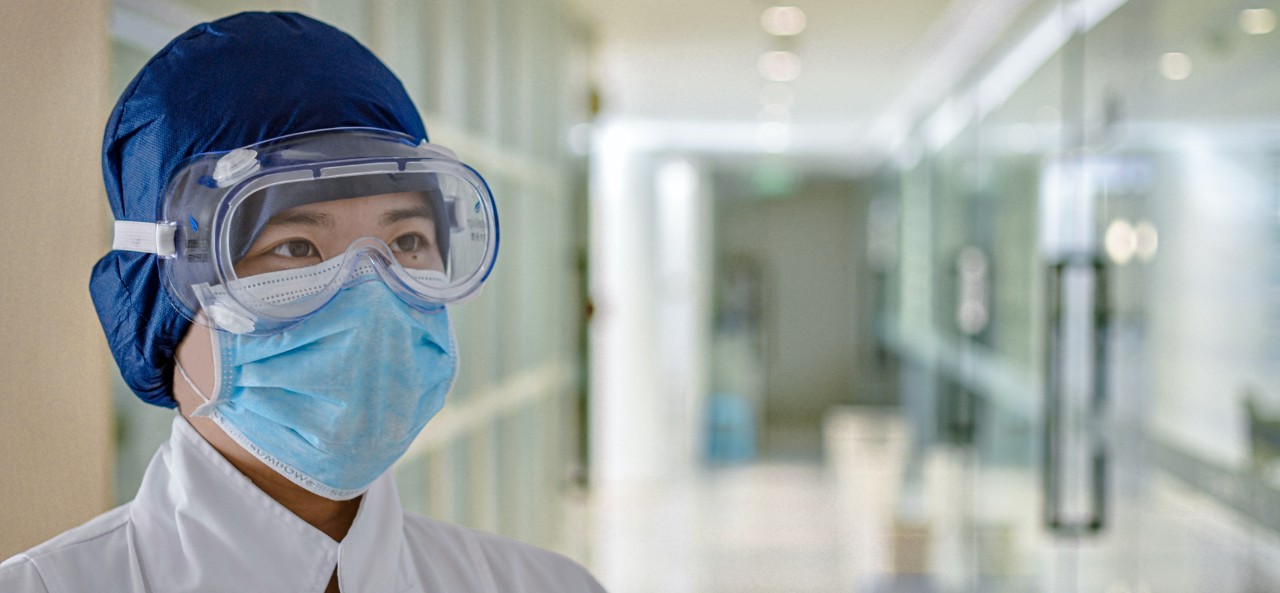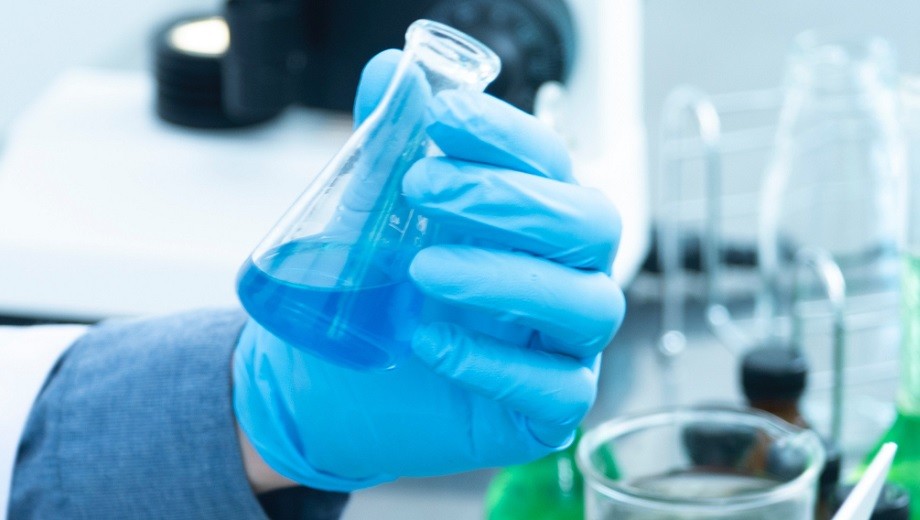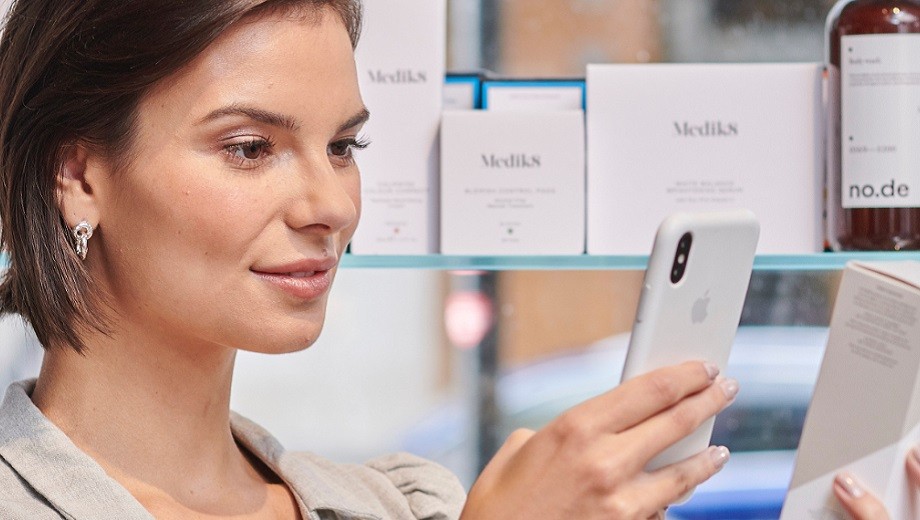COVID-19 is highlighting the importance of a reliable and high-performing healthcare system. While a multitude of factors determines the performance of that system, RFID-based touchless technologies can provide an ever-increasing contribution, says Francisco Melo, vice president and general manager, Avery Dennison Smartrac. And as he explains using current examples, that contribution is firmly related to keeping supply chains healthy, but goes far beyond.
By Francisco Melo, vice president and general manager, Avery Dennison Smartarc
Doctors and nurses are of course at the very heart of the healthcare system, and they rely on the ‘system’ to provide them with the equipment they need to fulfill their tasks. Be it instruments, pharmaceuticals or personal protective equipment (PPE) – having sufficient, reliable and safe supplies is truly vital at any time, and even more so in times of COVID-19. All these supplies rely on reliable and safe supply chains which have always been a key application area for RFID-based touchless technologies. RFID enables visibility of every tagged item in the supply chain, virtually anytime and anywhere, leading to previously unheard-of levels of inventory transparency and accuracy – the basis for informed decisions on how and when to redirect inventory to areas that have limited stock, or where there is high demand.
Supply chain optimization Is no miracle
These benefits of course not only apply to retail or industrial supply chains, but – to an even higher degree – to the healthcare sector as well. The healthcare sector requires absolute visibility of pharmaceuticals, medical devices, instruments, blood bags and samples of all kinds in hospitals, doctors’ surgeries and laboratories. RFID solutions can provide that visibility, as well as effectively supporting otherwise labor-intensive and error-prone restocking processes for medication trays and carts. In the era of COVID-19, when healthcare products need to be distributed globally, supply chain optimization becomes nothing less than mandatory for the healthcare sector and related industries.




